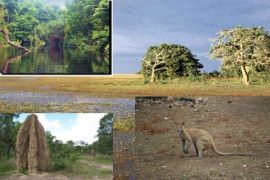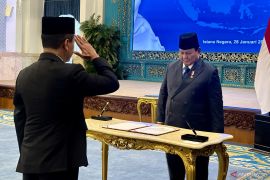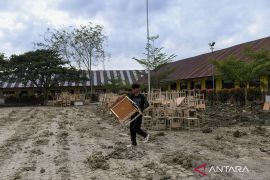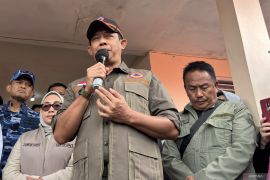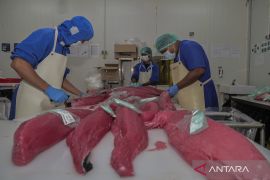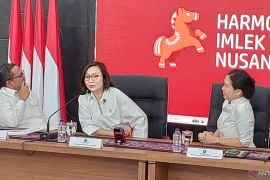After ratifying the UN protocol, Indonesia should set up a database on the country`s biological diversity, Satya Widya Yudha, a member of the Parliament`s Commission VII, said here on Tuesday.
The Nagoya Protocol on Access to Genetic Resources and the Fair and Equitable Sharing of Benefits Arising from their Utilization (ABS) to the Convention on Biological Diversity is a supplementary agreement to the Convention on Biological Diversity.
The Nagoya Protocol on ABS was adopted on 29 October 2010 in Nagoya, Japan. Its objective is the fair and equitable sharing of benefits arising from the utilization of genetic resources, thereby contributing to the conservation and sustainable use of biodiversity.
Indonesia has signed the document of the Nagoya Protocol together with other 91 countries of the 193 member nations of the UN Convention. So far, only 14 countries have ratified the Protocol, which will enter into force 90 days after the fiftieth instrument of ratification.
Satya said the Indonesian parliament sees the urgency to protect the nation`s biodiversity, particularly because Indonesia is a world`s mega-biodiversity nation.
Meanwhile, Vice President Boediono last year said the government submitted a bill on ratifying the Nagoya Protocol to the parliament.
According to him, it is important to ratify the protocol now that Indonesia is one of the world`s genetic resource-rich countries.
"With the law, Indonesia will have a firm legal basis to protect and preserve its genetic resources and traditional knowledge related to genetic resources," he said.
In addition, the law will also lay a legal basis for the country to prevent theft and illegal utilization of biodiversity.
The vice president said after ratifying the protocol, Indonesia will prepare a set of good operational instruments in order to implement it properly in the field. (F001/S012)
Editor: Kunto Wibisono
Copyright © ANTARA 2013
